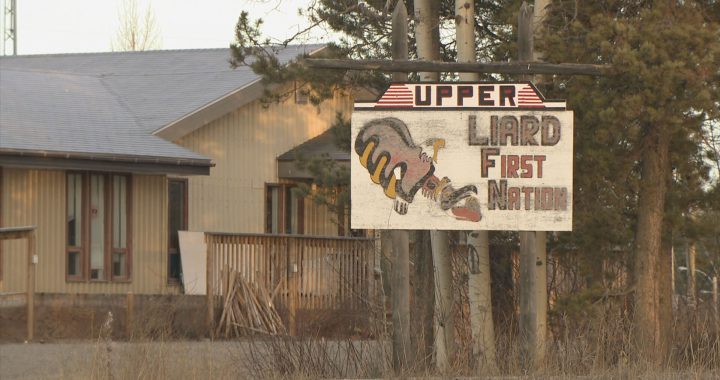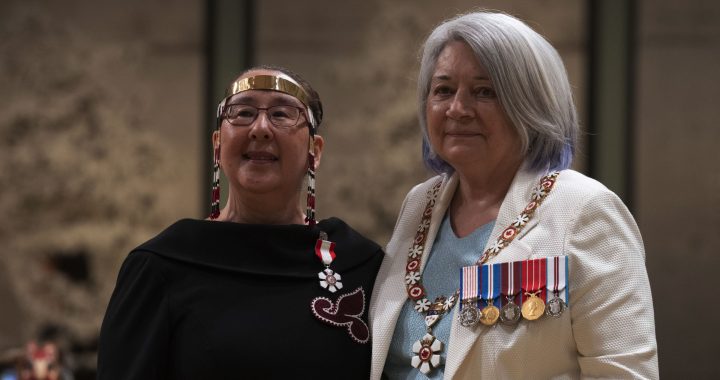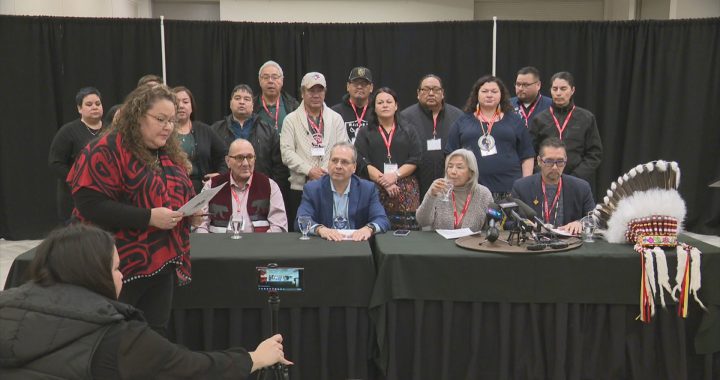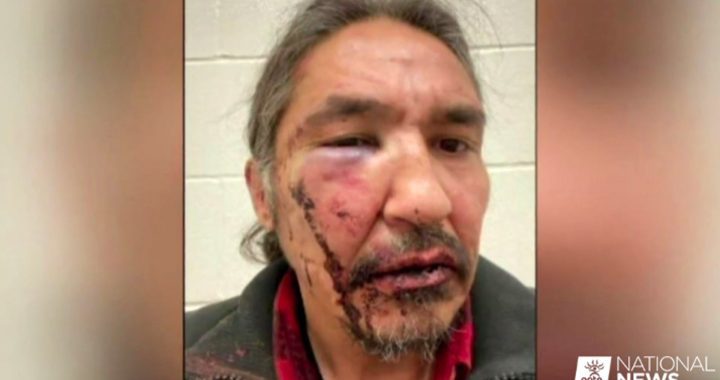After the most used safe injection site in Canada was shut down because of a misuse of finances, advocates from the Lethbridge Overdose Prevention Society made up of physicians and people in the community set up a temporary place for users to go.
But it’s not popular with Lethbridge residents.
During a media conference, a resident approached the tent, tearing it down claiming it was set up near her child’s bus stop and proceeded to call police.
Volunteers here say there have been other incidents from residents – a city with a population of 101,000 about 200 km south of Calgary with a high Indigenous homeless population.
For harm reduction workers and supporters, it’s been a fight to help those struggling with addictions.
The pop-up site began operating in September after the province cut off funding after an audit discovered that $1-million was unaccounted for.
The problem is the safe injection site had 500 visits a day before it shutdown.
A much smaller mobile site was set up in its place – but Susan Adelmann, a physician for the nearby Blood Tribe says more needs to be done.
“It’s just one thing after another and we don’t feel like we’re getting the help we need,” she said. “If we had more liable supervised consumption services including maybe safe supply, a lot of these things wouldn’t exist, a lot of these problems wouldn’t exist because people who are reliant on that one substance would be able to get that one substance.”
Martin Heavy Head says people on the streets need the extra supports that came with the original site.
“There was access to councilors, access to Indigenous cultural, there’s a clinic there. There were a lot more services to people on the street with very limited barriers.”
The province said the current site is operating illegally.
It’s being monitored heavily by police.
Volunteer Tim Slaney says he’s been questioned by police and members of the public as to why it’s still operating.
“Those questions are outweighed by the questions from our participants,” he said. “Do you have any Naloxone kits, can you help us find clean needles cause there’s none left in town, can you help us get medical attention for this wound that is now badly infected because we have no clean space to use our drugs?”
Despite the opposition, Slaney said the tent will be available to those who need it for as long as possible.
“We still have a lot of work to do and we can’t go home until we’re allowed to do that work,” he said.
According to statistics, 449 people have died in Alberta due to an overdose from opioids like fentanyl. More than 300 died between April and June.
In comparison, 288 people have died in the province from COVID-19.










